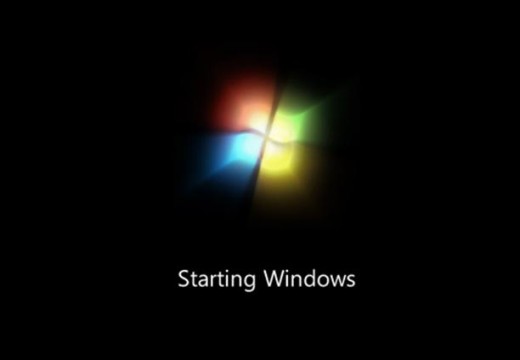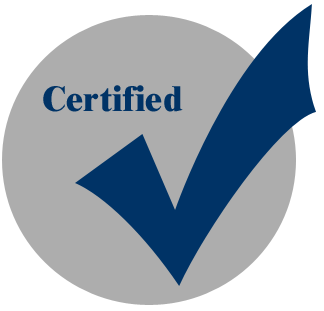As a preface to this article, I should admit that I am a certification junkie. I hold CCNP and CCDP certifications from Cisco, the MCSE certification from Microsoft, the CISSP from ISC2, and additional certifications from HP, Oracle (Sun), Checkpoint, TripWire, the ICSA, and several other IT organizations and vendors. These certifications have been very valuable to me professionally and I recommend achieving certification to most individuals in the IT field.
That being said, many first-time certification seekers stress about how to best achieve certification. There is no “one” right answer for every student, because there are several different types of learners. Some individuals learn best by reading or seeing (visual learners), while others learn best by hearing (audial learners) and others learn best by doing (tactile learners). The IT industry is dominated by visual learners. Audial learners tend to go into more people-oriented fields like sales, while tactile learners tend to go into more mechanical fields like automotive repair. Many audial and tactile learners do quite well working in IT — but they have to learn differently.
Books
 To my mind, reading is the best method of preparing for a certification. As an added bonus, it is also one of the least expensive methods of preparation. Find the best examination prep book available and read it cover-to-cover. Research any topics with which you are unfamiliar. If the book doesn’t seem well organized and thorough, pick a different examination prep book and start over.
To my mind, reading is the best method of preparing for a certification. As an added bonus, it is also one of the least expensive methods of preparation. Find the best examination prep book available and read it cover-to-cover. Research any topics with which you are unfamiliar. If the book doesn’t seem well organized and thorough, pick a different examination prep book and start over.
CBTs
I am not a huge fan of CBTs (Computer Based Training) because they tend to be paced very slowly. I quickly grow frustrated with the annoying mouse clicks necessary to progress through the training modules. I prefer the random-access nature of books for serious study.
Training Courses (and Videos)
To my mind, training classes are slow torture. That is because I am a visual learner and I don’t learn much from trying to listen to an instructor. However, if you are an audial learner then training classes may be the best option for you.
Training videos are almost as good as live classes. You don’t get to do Q&A with your instructor, but you can replace that with web searches fairly easily. You can watch training videos at home and avoid the higher costs of training courses.
Practice Exams
Practice exams are great for passing tests, but are lousy for actually learning useful information. With a few hours and a good computerized practice exam, you could learn enough to pass an exam for which you were completely unqualified. That’s not usually the goal.
However, I do recommend practice exams once you think you are done studying. They are very good for pointing out areas in which you need to do additional study, and in helping you determine if you are prepared enough to schedule an exam date.
Hands-On Practice
Hands-on practice is critical for tactile learners. Unfortunately, it is an extremely inefficient method for test preparation. If you are a tactile learner, you will need a book to document the list of items you need to study and then you will need to accomplish the necessary steps with your hands to really know them.
This requires some equipment to play with, such as a computer to install and re-install software. Some people buy used routers to practice for networking exams, while others rely on router simulation software.
Study Groups
Study groups have never worked for me, although your experience may differ. If can find others studying for the same exam, then studying together may provide both motivational help and useful resources for Q&A sessions.
Failing
Failing a certification exam is not the end of the world. It increases your costs in terms of both time and money, but it also teaches you a lot about what to expect in the exam. After most IT exams, you are given a printout showing your scores in the various topics covered by the exam. This printout should tell you what topics you need to spend more time studying. Failure is just one step on the path to success.




Follow Us!